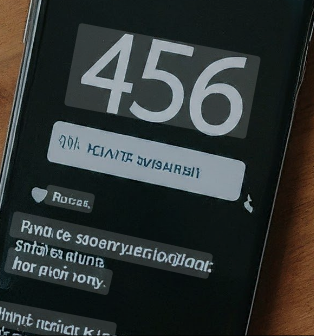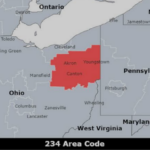Receiving a text message from a short, 3-digit number can often be confusing. If the number 456 short code has appeared in your message inbox, you might be wondering about its origin, its legitimacy, and its purpose. This is a globally recognized short code, but its function is highly specific to certain regions and mobile carriers.
This article will break down what the 456 short code is used for, who the primary user is, and clarify its relevance—or lack thereof—for mobile users in Egypt.
What is a Short Code?
First, it is essential to understand the terminology. A “short code” is a special, abbreviated phone number, typically 3 to 6 digits long, used by businesses and organizations to send and receive text messages. These are most often used for automated communications like security alerts, marketing promotions, or service notifications. A key principle of short codes is that they are country-specific; a short code used by a company in one country is often used by a different company or is not used at all in another.
The Primary User of the 456 Short Code: T-Mobile
Internationally, the 456 short code is most prominently and officially associated with T-Mobile, one of the largest mobile operators in the United States. For T-Mobile customers, this number is a crucial channel for receiving important, non-promotional account information.
Legitimate messages from the 456 short code to T-Mobile customers include:
- Critical Security Alerts: Notifications about SIM card changes, PIN updates, or password modifications to protect against unauthorized access.
- Account and Service Changes: Confirmations for plan changes, line cancellations, or updates to your billing address.
- Order and Porting Status: Information regarding new device orders or the status of a phone number being transferred to or from their network.
Is the 456 Short Code Relevant in Egypt?

For mobile subscribers in Egypt using networks like Vodafone, Orange, Etisalat, or WE, the 456 short code does not have a recognized, official function for SMS communication. Searches for its use among Egyptian carriers do not show it being used for alerts, marketing, or any other texting service.
While the number 456 may appear in other contexts (for example, as a monetary value in a service fee), it is not an active SMS short code for any major Egyptian mobile provider. Therefore, if you receive a text message from the 456 short code in Egypt, it should be treated with a high degree of suspicion.
Scams and Spoofing: A Global Concern
Because the 456 short code is well-known in other parts of the world, scammers can use a technique called “spoofing” to make it appear as though a text message is coming from this number. Their goal is often to trick you into revealing personal information.
How to identify a potential scam text:
- Unexpected Requests: The message asks you to click a link to claim a prize, verify your account details out of the blue, or pay an outstanding bill you are not aware of.
- Urgent and Threatening Language: The text creates a false sense of urgency, threatening to close your account or take other negative action if you do not act immediately.
- Requests for Personal Data: A legitimate company will never ask you to provide sensitive information like your full password, national ID number, or bank details via text message.
If you receive an unsolicited or suspicious message from the 456 short code, the safest course of action is to delete it immediately. Do not click on any links or reply to the message.


